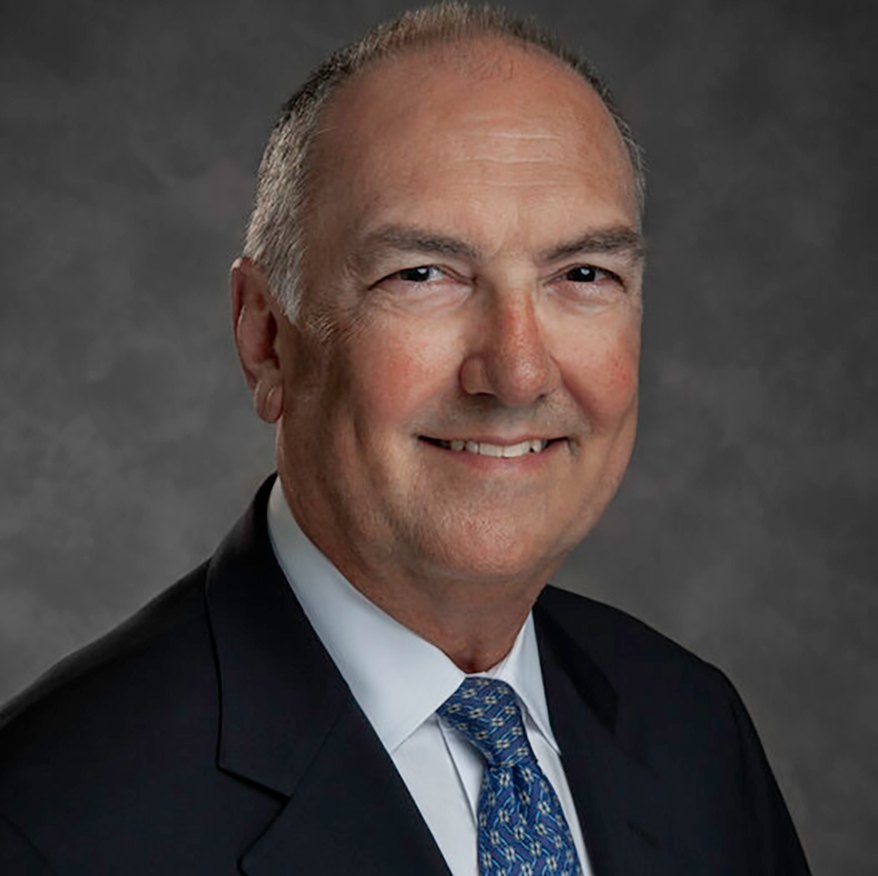
Dr. Eduardo Alfonso
(PRESS RELEASE) MIAMI, FL — The recent appointment of Eduardo Alfonso, M.D., director of Bascom Palmer Eye Institute, to a national eye care research advisory board acknowledges the Institute’s leadership role in the field of ophthalmology.
Dr. Eduardo Alfonso, who maintains a range of leadership responsibilities within the University of Miami Health System, recently completed a two-cycle term serving on the advisory board of the National Institutes of Health (NIH) and National Eye Institute (NEI) and has just begun a three-year initial term commitment on the board of directors of the National Alliance for Eye and Vision Research and Alliance for Eye and Vision Research (NAEVR/AEVR).
The NAEVR/AEVR are non-profit advocacy organizations whose missions are to achieve the best eye and vision care for all Americans through advocacy and public education.
“These very important and influential boards are mapping the blueprint of how vision research and discovery are going to take place,” noted Alfonso, the Kathleen and Stanley J. Glaser Endowed Professor in Ophthalmology, and chair of the department of ophthalmology at the University of Miami Miller School of Medicine. “Participating on these boards means not only do we keep our fingers on the pulse of what’s going on but that we are part of what generates that pulse.”
Advertisement
As part of the advisory board of the NIH/NEI, Alfonso was tasked with assessing Congress’ annual appropriation of between $600 million to $700 million to the NIH/NEI for research and with developing a strategic plan. He noted that the plan supported research to better use the human genome to predict health and illnesses, develop methodologies to change those illnesses, and to better comprehend how social determinants affect health.
Alfonso’s responsibilities on the NAEVR/AEVR board will focus on securing new funding from government entities, especially the U.S. Congress, as well as private foundations. He began his three-year term with an initial board meeting in the spring, a second in early June, and expects to serve two cycles.
“It’s important for the Bascom Palmer Institute to maintain its national and international leadership and for its leader to be on these boards,” said Alfonso, the director since 2007. “We have to both contribute and keep abreast of what’s happening nationally and internationally in terms of eye research, so we can all be moving in the same direction and achieve our strategic goals.”
Whether introducing new therapies for patients, deploying new technology, conducting leading-edge research, or addressing escalating healthcare costs, Bascom Palmer and the NAEVR/AEVR are looking to the future.
Bascom Palmer’s far-sighted professionals are advancing technology applications like machine learning and artificial intelligence to improve clinical care. The Institute’s ophthalmologists have been among the first to use gene therapy as a viable option to restore sight for people with inherited eye diseases. Similarly, patients with glaucoma, macular disease, diabetic retinopathy and other sight-saving conditions can also look forward to advances in treatment as scientists and clinicians team up to share their knowledge and expertise.
“All of our physicians, from our most senior faculty members to our newest trainees, have to learn all of the above, and our research has to be linked to community engagement,” explained Alfonso.
COVID-19 has also accelerated innovation. He noted that because of the urgency of the pandemic, Bascom Palmer has made extraordinary progress, supported by independent companies, to develop virtual care technologies.
Advertisement
“We’ve changed the paradigm of care for the public from physical engagement to virtual. So, now instead of patients possibly waiting hours in an office for their appointment or months to make one, they can arrange for care at home,” he said. “The pandemic gave us a great opportunity to speed up our virtual modalities, and we took advantage of tools we had in the pipeline but hadn’t yet developed.”
During 24 months of the pandemic, the percentage of virtual care increased from 0 percent to 10 percent for the hospital’s patients and continues to increase monthly, Alfonso pointed out. Now, an icon on Bascom Palmer’s website allows patients to self-schedule a “rapid virtual eye care” appointment with a specialist within 24 hours—an appointment that allows for diagnosis of whether a soreness or minor concern may be treatable at home or is more serious and requires an in-office visit.
“I look forward to engaging in multiple advocacy efforts on behalf of the eye and vision research community and taking part in saving sight and improving the quality of life through innovative vision research,” Alfonso added.